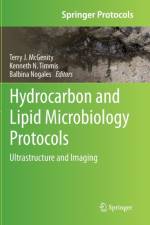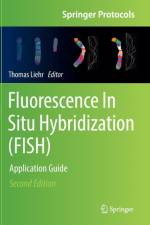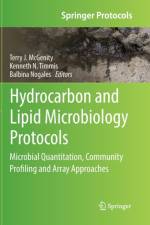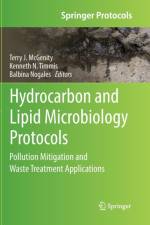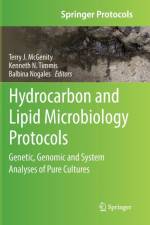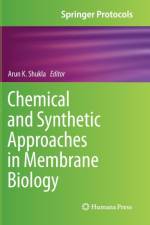- Genetic, Genomic and System Analyses of Pure Cultures
1 339
This Volume presents a comprehensive series of generic protocols for the genetic and genomic analysis of prokaryotic isolates. Genetic methods for functional analyses employ the latest cloning vectors, gene fusion methods and transposon mutagenesis systems, as well as systems for introducing protease-cleavage sequences into permissive sites in proteins under investigation. Genomic methods described include protocols for transcriptomics, shotgun proteomics, interactomics, metabolic profiling, and lipidomics. Bioinformatic tools for genome annotation, transcriptome display and the integration of transcriptomic data into genome-scale metabolic reconstructions are described. Protocols for 13C-based metabolic flux determinations and analysis of the hierarchical and metabolic regulation of fluxes through pathways are included. The Volume thus enables investigators to functionally analyse an isolate over the entire cellular range spanning the gene, the genome, the transcript repertoire, the proteome, the interactome, the metabolic network with its nodes and their regulatory hierarchies, and the metabolic fluxes and their physiological controls.Hydrocarbon and Lipid Microbiology ProtocolsThere are tens of thousands of structurally different hydrocarbons, hydrocarbon derivatives and lipids, and a wide array of these molecules are required for cells to function. The global hydrocarbon cycle, which is largely driven by microorganisms, has a major impact on our environment and climate. Microbes are responsible for cleaning up the environmental pollution caused by the exploitation of hydrocarbon reservoirs and will also be pivotal in reducing our reliance on fossil fuels by providing biofuels, plastics and industrial chemicals. Gaining an understanding of the relevant functions of the wide range of microbes that produce, consume and modify hydrocarbons and related compounds will be key to responding to these challenges. This comprehensive collection of current and emerging protocols will facilitate acquisition of this understanding and exploitation of useful activities of such microbes.

